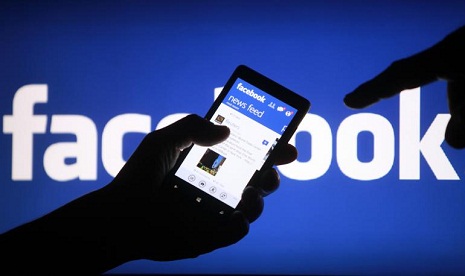Researchers at New York University and Stanford University studied the impact of quitting the social network on their behaviour and state of mind.
Entitled The Welfare Effects of Social Media, the study took place in the run-up to the 2018 midterm elections and involved 2,844 users who used the platform for more than 15 minutes each day.
Facebook deactivation among the participants resulted in an increase in offline activities such as socialising with family and friends.
It also caused an increase in subjective well-being. However, it also led to the person being less informed about current events.
Researchers also found that people who deactivated their Facebook accounts were more likely to see a persistant reduction in their use of the app after the experiment.
"Our study offers the largest-scale experimental evidence available to date on the way Facebook affects a range of individual and social welfare measures," the authors wrote. "Deactivation caused people to appreciate Facebook’s both positive and negative impacts on their lives."
Facebook did not immediately respond to a request for comment from The Independent but in a statement to The Washington Post a spokesperson said its teams are working on fostering meaningful connections across its platform.
"This is one study of many on this topic and is should be considered that way," they said.
The Independent
More about: Facebook
















































